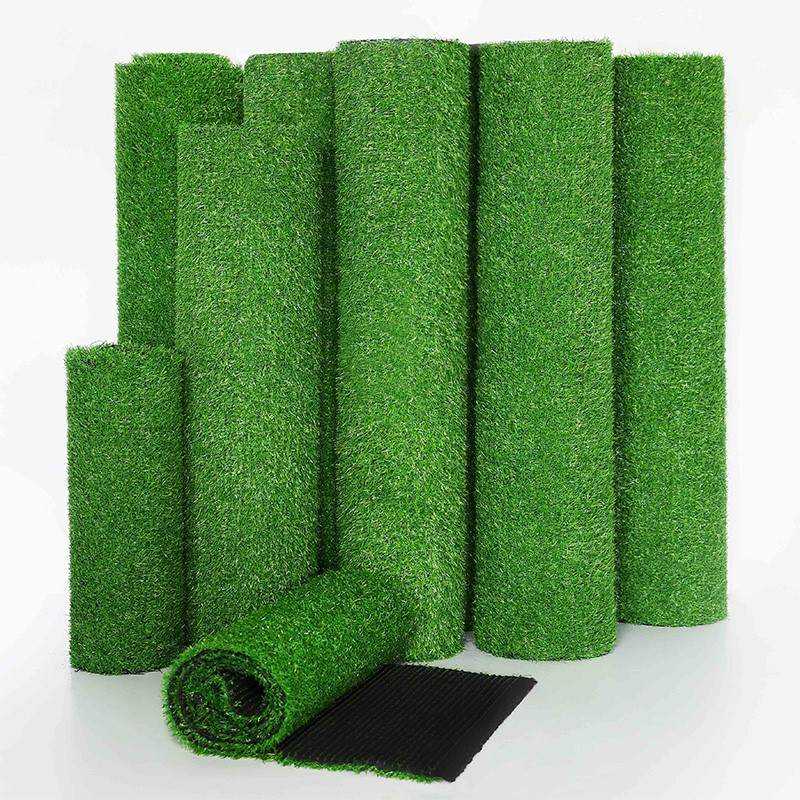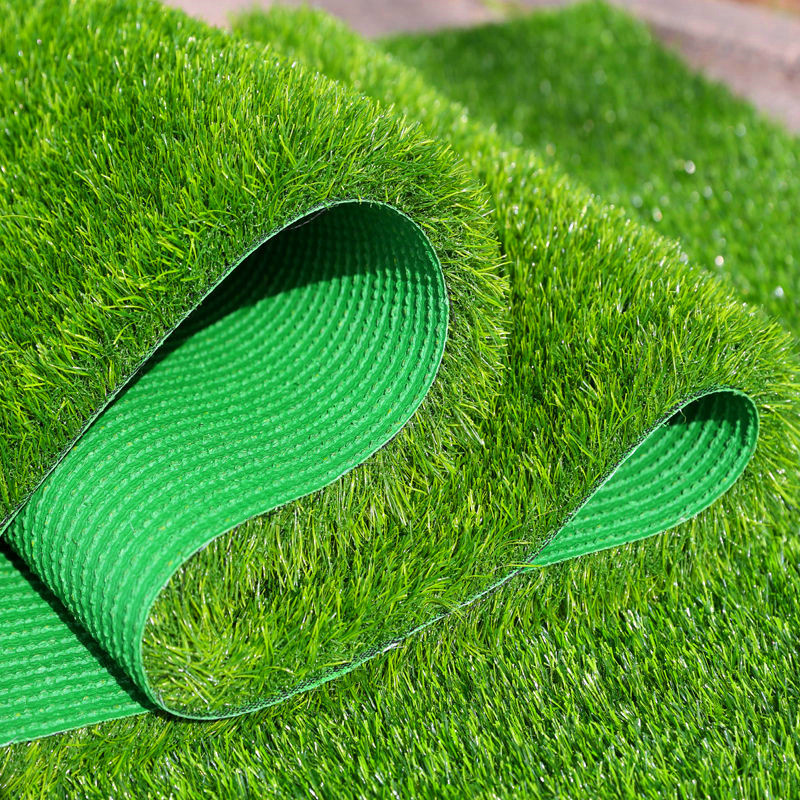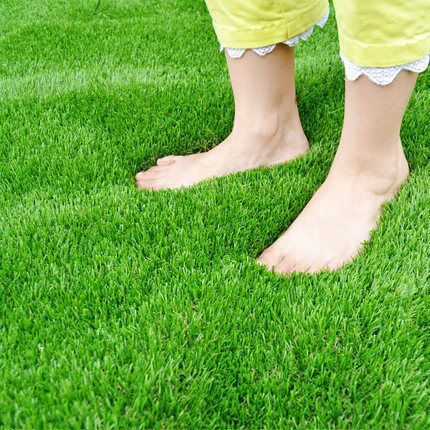
Artificial grass, also known as synthetic turf or fake grass, is a man-made surface designed to resemble natural grass. It is typically used in landscaping, sports fields, and various other applications where a natural grass surface may not be practical or desirable. Here are some key characteristics and uses of artificial grass:
1. Appearance: Artificial grass is made to mimic the look of real grass, with blades of varying shades of green and sometimes brown to resemble a natural lawn.
2. Materials: It is typically made from synthetic materials like polyethylene, polypropylene, or nylon, which are durable and weather-resistant.
3. Low Maintenance: One of the primary advantages of artificial grass is its minimal maintenance requirements. It does not need mowing, watering, or fertilization.
4. Durability: Artificial grass is designed to withstand heavy foot traffic and can last for many years without significant wear and tear.
5. Weather Resistance: It can endure various weather conditions, including rain, snow, and high temperatures, without becoming muddy or drying out.
6. Versatility: Artificial grass is used in a wide range of applications, including residential lawns, commercial landscapes, sports fields, playgrounds, golf courses, rooftop gardens, and more.
7. Water Conservation: It helps conserve water resources because it does not require irrigation, making it environmentally friendly in regions with water scarcity or restrictions.
8. Allergen-Free: Since it doesn’t support the growth of grass pollen or common lawn allergens, artificial grass can be a great option for those with grass allergies.
9. Pest-Free: It does not attract insects or pests commonly found in natural grass.
10. Color and Texture Variations: Artificial grass comes in different varieties, allowing you to choose the specific shade, texture, and pile height that suits your preferences and needs.
11. Pet-Friendly: Many artificial grass products are designed to be pet-friendly, as they are easy to clean and resistant to pet waste.
12. Shock Absorption: In sports applications, artificial grass often includes shock-absorbing underlayers to reduce the risk of injuries.
Artificial grass has gained popularity as a practical and aesthetically pleasing alternative to natural grass in various situations. Its low maintenance requirements and year-round green appearance make it an attractive option for homeowners, businesses, and sports facilities looking to reduce the cost and effort associated with maintaining natural grass.










